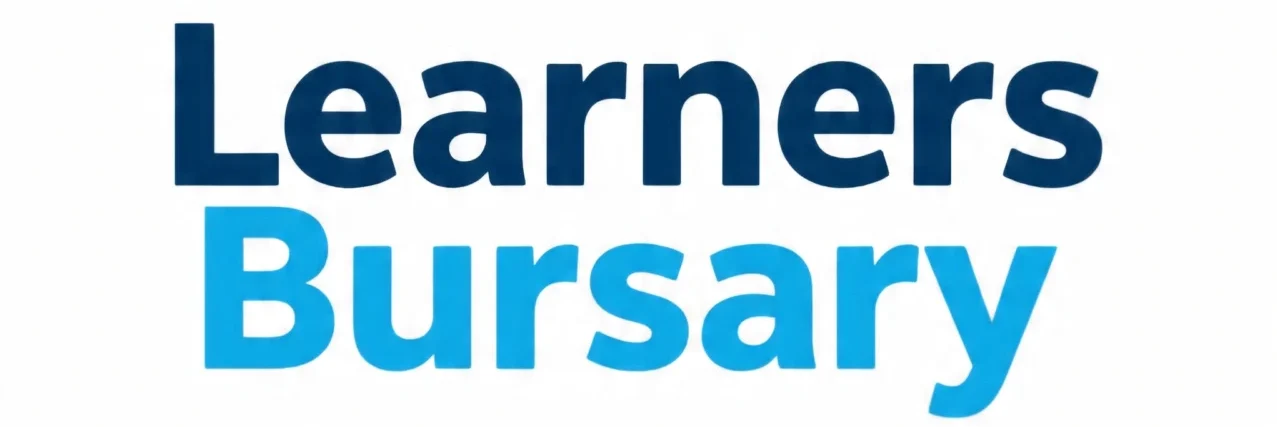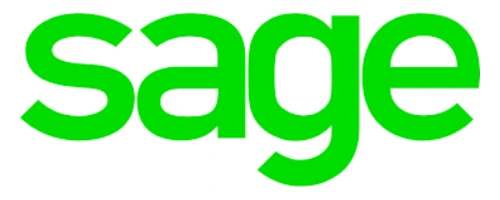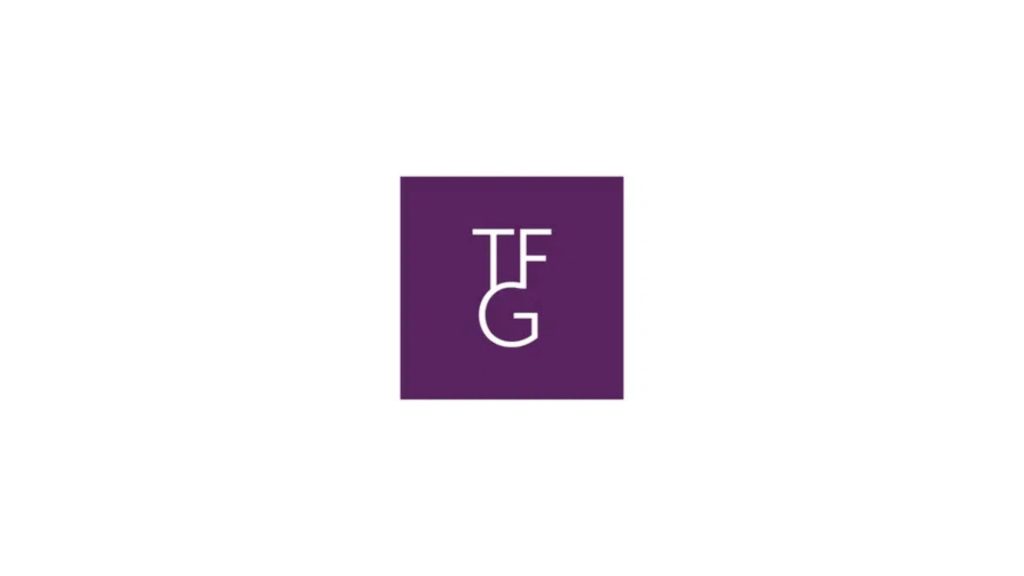Applications for the Funza Lushaka Bursary for 2025 opened on 7th October 2025 and will close on 24th January 2026. There are two different Funza Lushaka applications: one for new students and one for re-applications from existing/returning bursars. They will therefore have separate deadlines.
Funza Lushaka Bursary 2026 Application Deadlines
- New students: 24th January 2026.
- Existing/Returning bursars: 30th November 2025.
Courses Covered by Funza Lushaka Bursary
The bursary covers the following teaching qualifications:
- 4-year Bachelor of Education degree (B.Ed.), specialising in:
- Foundation Phase (Grade R – 3)
- Intermediate Phase (Grade 4 – 6)
- Senior and Further Education and Training Teaching (Grade 7-12)
- One-year Postgraduate Certificate in Education (PGCE)
- Only for Senior Phase and Further Education and Training Teaching (SPFET) (Grade 7-12)
The Funza Lushaka Bursary Programme is a multi-year initiative to promote teaching as a profession. Bursaries are available to enable selected students to complete a teaching qualification in identified priority subject areas.
Funza Lushaka Bursary Requirements
- South African citizen
- Demonstrate good academic ability
- 30 years old and below
- Accepted into an approved B.Ed. degree or PGCE programme specialising in two or more priority subject areas
- Meet the minimum academic criteria
How to Apply
- Step 1: Open the e-Gov portal at www.eservices.gov.za
- Step 2: Register by providing your personal information
- Step 3: Log in to the system using the username and password created during registration
- Step 4: On the e-Services menu, select the Education button
- Step 5: Click on the Funza Lushaka Bursary Scheme
- Step 6: Enter the OTP received on your preferred channel
- Step 7: Accept the Terms and Conditions
- Step 8: On the dashboard menu, click on the 2025 application button
- Step 9: Follow the steps to complete the required fields with your information
- Step 10: Accept the declaration to confirm the information captured
The Funza Lushaka Bursary covers tuition fees, accommodation (including meals), books, and learning materials. Additionally, students may receive a small allowance for monthly living expenses.


